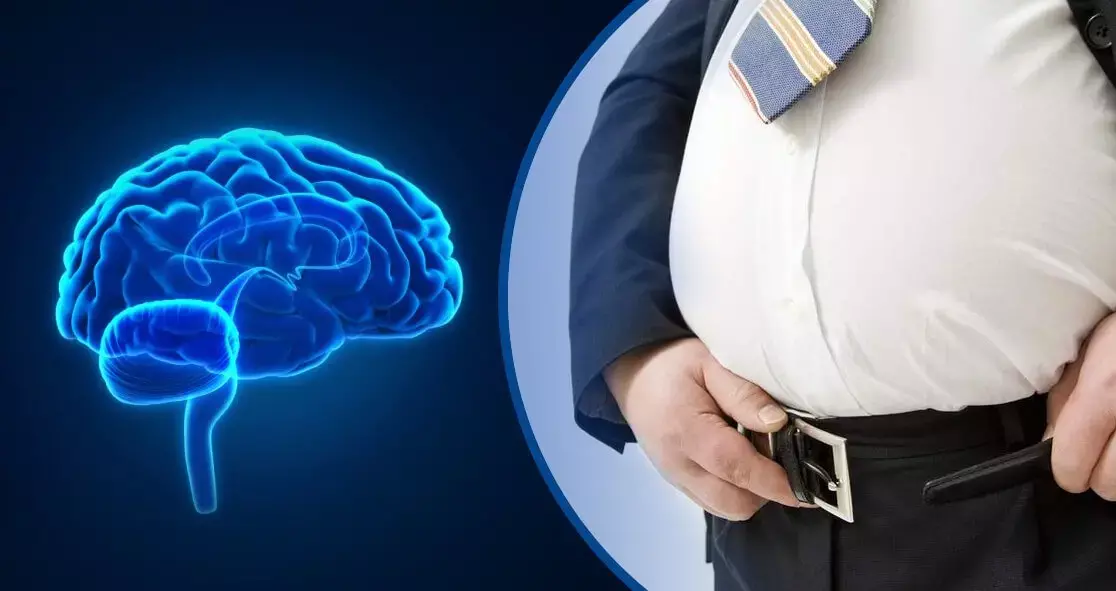- Home
- Medical news & Guidelines
- Anesthesiology
- Cardiology and CTVS
- Critical Care
- Dentistry
- Dermatology
- Diabetes and Endocrinology
- ENT
- Gastroenterology
- Medicine
- Nephrology
- Neurology
- Obstretics-Gynaecology
- Oncology
- Ophthalmology
- Orthopaedics
- Pediatrics-Neonatology
- Psychiatry
- Pulmonology
- Radiology
- Surgery
- Urology
- Laboratory Medicine
- Diet
- Nursing
- Paramedical
- Physiotherapy
- Health news
- Fact Check
- Bone Health Fact Check
- Brain Health Fact Check
- Cancer Related Fact Check
- Child Care Fact Check
- Dental and oral health fact check
- Diabetes and metabolic health fact check
- Diet and Nutrition Fact Check
- Eye and ENT Care Fact Check
- Fitness fact check
- Gut health fact check
- Heart health fact check
- Kidney health fact check
- Medical education fact check
- Men's health fact check
- Respiratory fact check
- Skin and hair care fact check
- Vaccine and Immunization fact check
- Women's health fact check
- AYUSH
- State News
- Andaman and Nicobar Islands
- Andhra Pradesh
- Arunachal Pradesh
- Assam
- Bihar
- Chandigarh
- Chattisgarh
- Dadra and Nagar Haveli
- Daman and Diu
- Delhi
- Goa
- Gujarat
- Haryana
- Himachal Pradesh
- Jammu & Kashmir
- Jharkhand
- Karnataka
- Kerala
- Ladakh
- Lakshadweep
- Madhya Pradesh
- Maharashtra
- Manipur
- Meghalaya
- Mizoram
- Nagaland
- Odisha
- Puducherry
- Punjab
- Rajasthan
- Sikkim
- Tamil Nadu
- Telangana
- Tripura
- Uttar Pradesh
- Uttrakhand
- West Bengal
- Medical Education
- Industry
Brain stimulation potentially effective in weight loss in obese individuals: Study

Certain non-invasive brain stimulation modalities are useful in weight reduction among individuals with obesity, suggests a study published in the International Journal of Obesity.
Obesity has recently been recognized as a neurocognitive disorder involving circuits associated with the reward system and the dorsolateral prefrontal cortex (DLPFC). Non-invasive brain stimulation (NIBS) has been proposed as a strategy for the management of obesity. However, the results have been inconclusive.
A group of researchers from Taiwan conducted a network meta-analysis (NMA) was to evaluate the efficacy and acceptability of different NIBS modalities for weight reduction in participants with obesity.
The researchers examined randomized controlled trials (RCTs) assessing non-invasive brain stimulation (NIBS) interventions in patients with obesity were analyzed using the frequentist model of network meta-analysis (NMA).
The co-primary outcome was a change in body mass index (BMI) and acceptability, which was calculated using the dropout rate.
The results of the study are as follows:
Overall, the current network meta-analysis (NMA), consisting of eight randomized controlled trials (RCTs), revealed that the high-frequency repetitive transcranial magnetic stimulation (TMS) over the left dorsolateral prefrontal cortex (DLPFC) was ranked to be associated with the second-largest decrease in BMI and the largest decrease in total energy intake and craving severity, whereas the high-frequency deep transcranial magnetic stimulation (TMS) over the bilateral dorsolateral prefrontal cortex (DLPFC) and the insula was ranked to be associated with the largest decrease in BMI.
Thus, the researchers concluded that this pilot study provided a "signal" for the design of more methodologically robust and larger RCTs based on the findings of the potentially beneficial effect on weight reduction in participants with obesity by different NIBS interventions.
Reference:
Efficacy and acceptability of non-invasive brain stimulation interventions for weight reduction in obesity: a pilot network meta-analysis by Zeng B et. al published in the International Journal of Obesity.
https://doi.org/10.1038/s41366-021-00833-2
Dr. Shravani Dali has completed her BDS from Pravara institute of medical sciences, loni. Following which she extensively worked in the healthcare sector for 2+ years. She has been actively involved in writing blogs in field of health and wellness. Currently she is pursuing her Masters of public health-health administration from Tata institute of social sciences. She can be contacted at editorial@medicaldialogues.in.
Dr Kamal Kant Kohli-MBBS, DTCD- a chest specialist with more than 30 years of practice and a flair for writing clinical articles, Dr Kamal Kant Kohli joined Medical Dialogues as a Chief Editor of Medical News. Besides writing articles, as an editor, he proofreads and verifies all the medical content published on Medical Dialogues including those coming from journals, studies,medical conferences,guidelines etc. Email: drkohli@medicaldialogues.in. Contact no. 011-43720751


